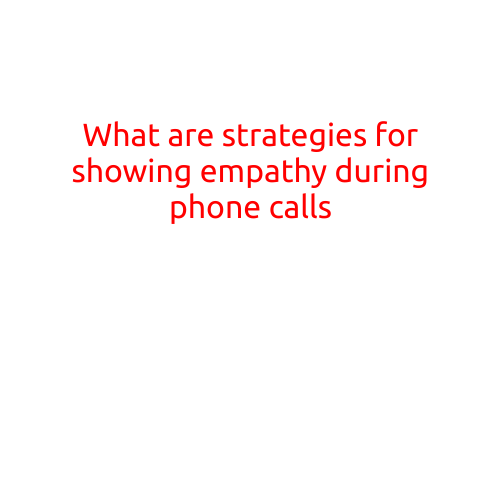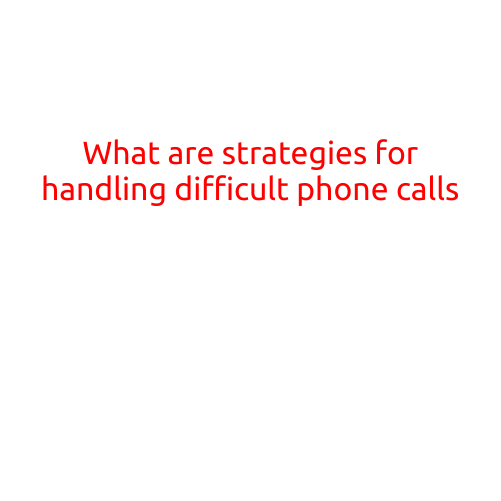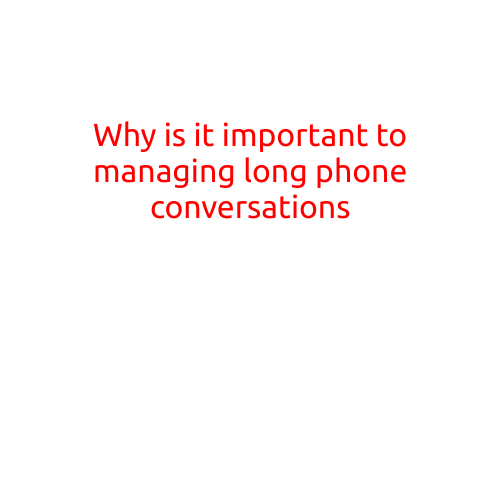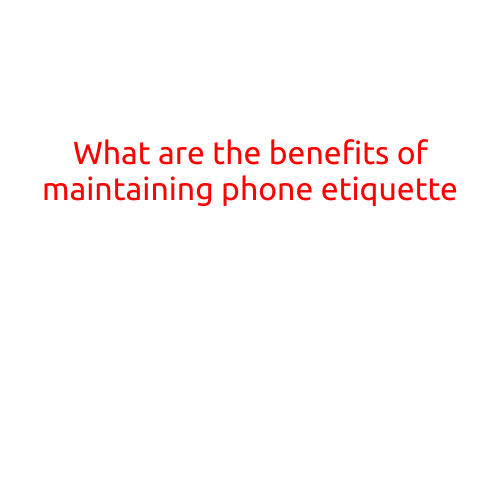
What are Strategies for Showing Empathy during Phone Calls?
In today’s fast-paced world, phone calls are becoming an increasingly common means of communication. While they can be efficient, they also pose a challenge in terms of building connections and conveying empathy. Empathy is a crucial aspect of human communication, as it helps to build trust, understanding, and rapport with others. In the context of phone calls, showing empathy can be particularly important, especially when dealing with sensitive or emotional topics.
In this article, we will explore some effective strategies for showing empathy during phone calls. Whether you’re a customer service representative, a therapist, or simply a friend or family member, these tips will help you connect with others on a deeper level.
Active Listening
One of the most significant barriers to showing empathy during phone calls is the lack of nonverbal cues. Unlike face-to-face conversations, phone calls rely almost exclusively on verbal communication, which can lead to misunderstandings and miscommunications. To combat this, it’s essential to practice active listening.
Active listening involves fully focusing on the person speaking, maintaining eye contact (even though you can’t see each other), and asking clarifying questions to ensure you understand their perspective. This shows that you’re engaged, attentive, and genuinely interested in what they have to say.
Acknowledge and Validate Feelings
Empathy is not just about understanding someone’s perspective; it’s also about acknowledging and validating their feelings. When someone shares their concerns or emotions, make sure to respond with empathy and understanding.
For example, if someone is upset about a recent conflict with a friend, you could say, “I’m so sorry to hear that you’re feeling hurt and disappointed. That sounds really tough.” By acknowledging and validating their feelings, you’re showing that you’re there to support them and care about their well-being.
Ask Open-Ended Questions
Open-ended questions are an excellent way to encourage others to open up and share their thoughts and feelings. Instead of asking yes or no questions, use open-ended questions that begin with what, how, or why.
For instance, if someone is sharing their frustrations about a new job, you could ask, “What’s been the most challenging part of your transition so far?” or “How do you think you can address these issues?” This encourages them to share more about their experiences and feelings, allowing you to offer support and guidance.
Show Understanding Through Body Language
Even though you’re on a phone call, you can still use body language to show empathy. For example, you could:
- Lean forward slightly to convey attention and interest.
- Use a calm and gentle tone to reduce anxiety and stress.
- Use verbal cues like “uh-huh” or “mm-hmm” to indicate that you’re following along.
Summarize and Reflect
Summarizing and reflecting are powerful empathy-building strategies. When someone shares their concerns or emotions, summarize what you’ve heard to ensure you understand their perspective. Then, reflect back their feelings to show that you’re empathizing with them.
For example, if someone is talking about their recent loss, you could say, “Just to make sure I understand, you’re feeling a deep sadness and sense of loss, right?”
Practice Empathy in Your Personal Life
Finally, practicing empathy in your personal life can help you develop the skills and sensitivity needed to show empathy during phone calls. This might involve:
- Listening carefully to friends and family members when they share their concerns.
- Asking open-ended questions to encourage others to open up.
- Showing understanding and validation when others are struggling.
By incorporating these strategies into your daily phone calls, you’ll become more empathetic, effective, and compassionate communicator.
Conclusion
Showing empathy during phone calls requires attention, intention, and practice. By using active listening, acknowledging and validating feelings, asking open-ended questions, showing understanding through body language, summarizing and reflecting, and practicing empathy in your personal life, you’ll be well on your way to building stronger connections and fostering deeper relationships, even over the phone.





